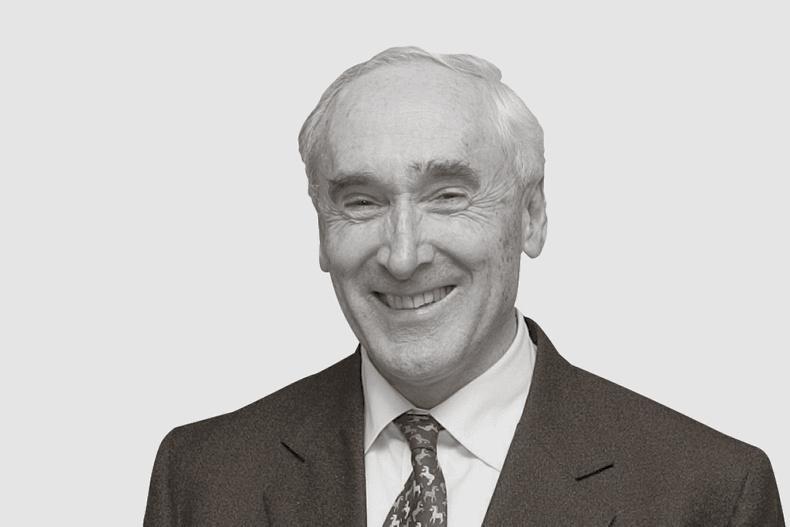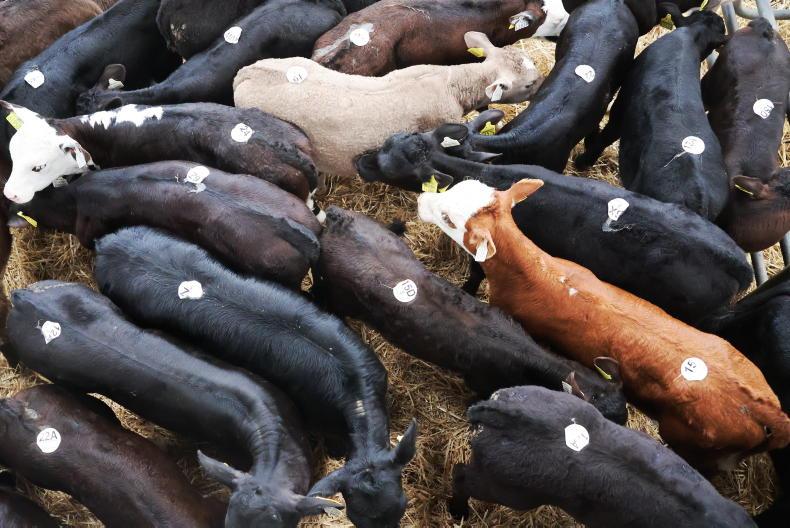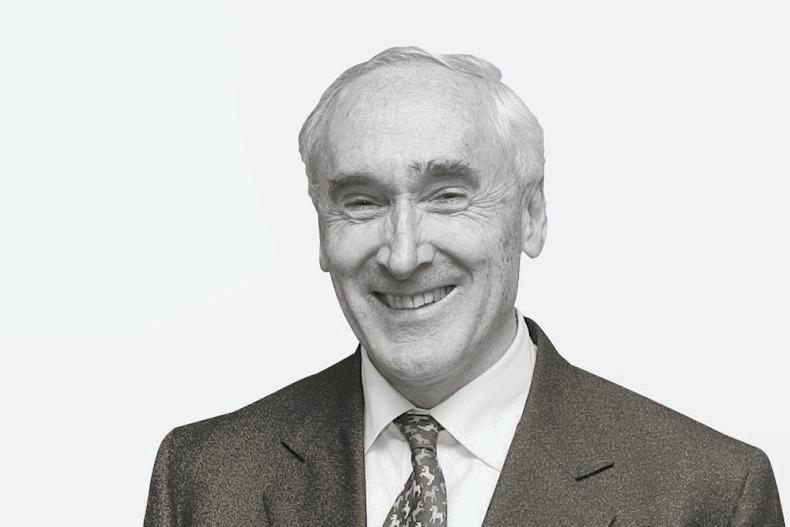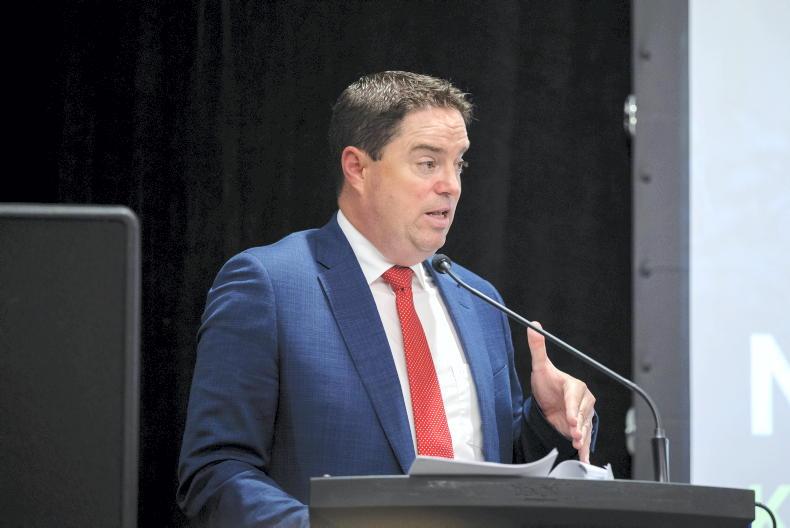Is there anyone who has not heard of Rooster potatoes or their predecessor, Cara? Rooster now accounts for 65% of all potatoes grown in Ireland and is widely grown in Britain and around the world. Cara has been sent to Ethiopia, especially during the awful famine of the mid-1980s, and produced 10 times more food than other varieties in use there at the time.
Both varieties were bred by Harry Keogh, a researcher based at the Teagasc centre in Oak Park in Carlow. Harry was an inspired plant breeder who in his low-key way had an enormous influence for good in a way that leaves a lasting legacy – the provision of more efficient food-producing plants that lift people out of famine.
The citation that day was given by Prof Jimmy Burke of UCD who had been head of Oak Park during part of Harry’s tenure there
A few years ago, I was flattered to be asked to attend a dinner held in Harry’s honour after he had received an honorary doctorate from UCD, in recognition of his immense contribution to potato breeding – in his case Irish potato breeding, but in fact his contribution was worldwide.
The citation that day was given by Prof Jimmy Burke of UCD who had been head of Oak Park during part of Harry’s tenure there.
Plant breeding continues to develop – the use of GM technology and potentially gene editing, a less invasive procedure, has already demonstrated the capacity to grow potatoes in an Irish climate without intensive spraying.
Harry Keogh would not have argued for a blanket take-up of GM practices in all situations but he would have wanted precise scientific measurement to assess the good that could be delivered by individual advances
The take-up of such a beneficial breakthrough is being prevented by misconceptions fostered in many cases by misguided individuals who, while they may feel they are doing the right thing, are in fact doing a serious environmental disservice. Harry Keogh would not have argued for a blanket take-up of GM practices in all situations but he would have wanted precise scientific measurement to assess the good that could be delivered by individual advances. If he is to leave a legacy apart from his astonishing potato breeding success, it should be a resolution to influence politicians and influencers in reassessing the place of modern technology in efficient, environmentally beneficial food production. To Harry’s wife Maura and his five children, we offer our sympathy. May he rest in peace.
Read more
IFA potato report: ambient stored crops virtually depleted
Donegal shares rise as higher seed potato prices drive profits
Is there anyone who has not heard of Rooster potatoes or their predecessor, Cara? Rooster now accounts for 65% of all potatoes grown in Ireland and is widely grown in Britain and around the world. Cara has been sent to Ethiopia, especially during the awful famine of the mid-1980s, and produced 10 times more food than other varieties in use there at the time.
Both varieties were bred by Harry Keogh, a researcher based at the Teagasc centre in Oak Park in Carlow. Harry was an inspired plant breeder who in his low-key way had an enormous influence for good in a way that leaves a lasting legacy – the provision of more efficient food-producing plants that lift people out of famine.
The citation that day was given by Prof Jimmy Burke of UCD who had been head of Oak Park during part of Harry’s tenure there
A few years ago, I was flattered to be asked to attend a dinner held in Harry’s honour after he had received an honorary doctorate from UCD, in recognition of his immense contribution to potato breeding – in his case Irish potato breeding, but in fact his contribution was worldwide.
The citation that day was given by Prof Jimmy Burke of UCD who had been head of Oak Park during part of Harry’s tenure there.
Plant breeding continues to develop – the use of GM technology and potentially gene editing, a less invasive procedure, has already demonstrated the capacity to grow potatoes in an Irish climate without intensive spraying.
Harry Keogh would not have argued for a blanket take-up of GM practices in all situations but he would have wanted precise scientific measurement to assess the good that could be delivered by individual advances
The take-up of such a beneficial breakthrough is being prevented by misconceptions fostered in many cases by misguided individuals who, while they may feel they are doing the right thing, are in fact doing a serious environmental disservice. Harry Keogh would not have argued for a blanket take-up of GM practices in all situations but he would have wanted precise scientific measurement to assess the good that could be delivered by individual advances. If he is to leave a legacy apart from his astonishing potato breeding success, it should be a resolution to influence politicians and influencers in reassessing the place of modern technology in efficient, environmentally beneficial food production. To Harry’s wife Maura and his five children, we offer our sympathy. May he rest in peace.
Read more
IFA potato report: ambient stored crops virtually depleted
Donegal shares rise as higher seed potato prices drive profits










SHARING OPTIONS